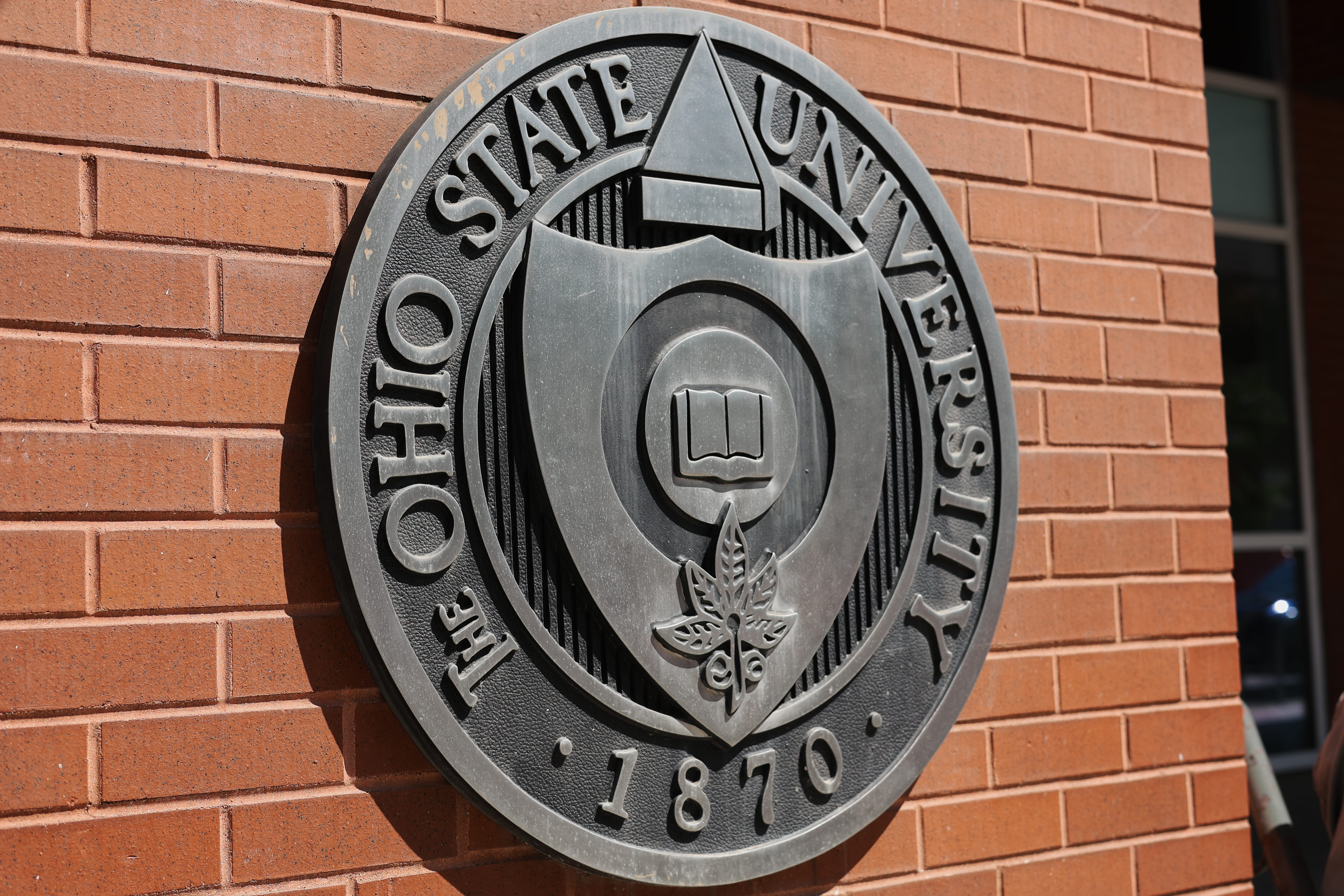
Survivors of former physician Richard Strauss launched a website Tuesday, titled “Survivors of OSU,” detailing Ohio State’s response to Strauss’ sexual abuse.
Credit: Katie Good | Asst. Photo Editor
Survivors of former physician Richard Strauss launched a website Tuesday, detailing Ohio State’s response to Strauss’ sexual abuse in an effort to “have their voices heard and hold the university accountable.”
The website, titled “Survivors of OSU,” stated it’s been nearly five years since the university “CHOSE to start fighting survivors.” In 2018, the university began its formal investigation into Strauss. The website includes documents gathered over the years by survivors called “Strauss Files,” a timeline of events beginning with Strauss’ 1978 hiring at Ohio State and past news coverage of the survivors.
According to the website, survivors are not confident future cases “will be handled any differently” as the issue is “no longer just about Strauss survivors and the intentional cover up.”
University spokesperson Ben Johnson said in an email the university today is “fundamentally different” than when Strauss was employed, and the the university now requires sexual misconduct training “for all students, faculty and staff” and provides a 24/7 sexual violence helpline.
“Over the past 25 years, Ohio State has committed substantial resources to prevent and address sexual misconduct, including new policies, programs, staffing and tools, which are summarized here,” Johnson said.
The site also attacks University President Kristina M. Johnson and Ohio State’s Board of Trustees, the “current ‘leaders’ responsible for fighting survivors.”
Ben Johnson said “Ohio State offers our deepest apologies to all who experienced Strauss’ abuse.”
Strauss was a varsity team sports doctor and physician at the Student Health Center from 1978-1998. An independent investigation in 2019 found that Strauss sexually abused at least 177 students and student-athletes during his tenure, and that university officials were aware of the abuse and failed to prevent or address it.
Strauss died by suicide in 2005.
Steve Snyder-Hill, a victim who attended Ohio State from 1991-2000, said in an email the survivors and their spouses and supporters created the site to make the public aware of the harm the university caused him, so similar issues do not happen again to others. He said when protests were held during Ohio State football games, people would always ask for more information.
“Osu has suppressed most of the details of what they have been doing from the public. So we make it available,” Snyder-Hill said. “Our site has timelines of the osu of today and the lies and deceit and the timeline of the osu of strauss.”
Ben Johnson said the university “sought to uncover” the truth about Strauss and “the university’s failure at the time to prevent it.”
“The university immediately announced an independent investigation, reached out broadly to 115,000 alumni and former student athletes who attended Ohio State during Strauss’ employment at the university and to 147,000 current students, faculty and staff to inform them of the investigation and encourage them to share any information they had with the independent investigators,” Ben Johnson said. “The university has kept the community informed throughout the course of the investigation, creating a website for documents and updates, providing periodic public reports on the progress, and publishing the findings of the independent investigation and all relevant public records online.”
The survivors are raising money to put up a billboard near Ohio State’s campus to keep their case in public view, according to a GoFundMe page.
In a comment on the page, Matt Reed, the organizer of the fundraiser, said three billboard companies have denied their billboard so far, and they are waiting to hear back from a fourth.
Since 2018, more than 500 victims of Strauss — nearly all men — have sued the university for failing to address Strauss’ abuse and harassment. These include the most recent settlements in July, 296 victims have settled in exchange for dropping lawsuits against Ohio State for a total amount of $60 million.
The university established the Strauss Individual Settlement Program in 2020 to provide individual settlements to victims involved in five open cases against them.
However, over 100 victims — including Snyder-Hill — have not settled, instead choosing to pursue lawsuits against the university. The university has consistently challenged the lawsuits and signaled it may take them to the U.S. Supreme Court.
Those who have not settled with the university also claim the university has banned them from public Board of Trustees meetings in November, 2022.
Snyder-Hill said there are links to documents the university “dumped” and an area to call members of the Board of Trustees to action.
Ben Johnson said the university has offered “all male students who filed lawsuits” the opportunity to settle their suits.
“Since February 2019, Ohio State has also covered the cost of professionally certified counseling services and treatment for anyone affected by Strauss, whether counseling and treatment occurred in the past or is needed at any point in the future,” Ben Johnson said.
This story was updated at 4:29 p.m. Wednesday to include a response from the university to Snyder-Hill.


